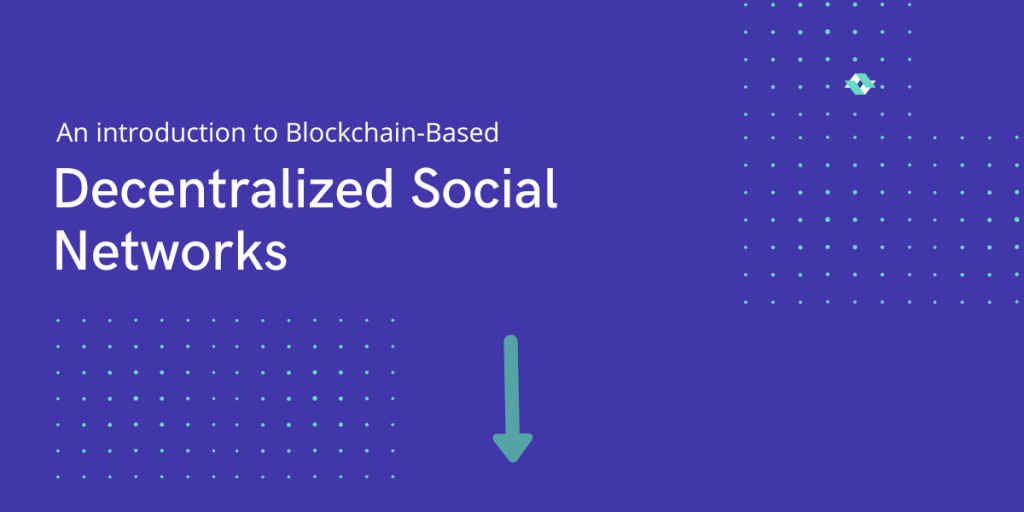Decentralized social networks (DSNs) are networks that are based on blockchain technology. They are characterized by their distributed nature and the ability of users to interact with each other without the need for a central authority.
Also read: Top Wonderful Blockchain Platforms to Build dApps in 2021
Decentralized social networks powered by blockchain technology are becoming increasingly popular. These networks allow users to interact and share content without the need for a central authority. They are also immune to censorship, which makes them an attractive option for users who value freedom of expression.
In this article, we will introduce you to two of the most popular blockchain-based decentralized social networks. We will also discuss some of their key features, and how they differ from traditional social networks.
What are decentralized social networks?
A decentralized social network is a type of network in which users can interact with each other without the need for a centralized authority. This is in contrast to traditional social networks, which rely on a centralized authority to manage and control user interactions.
Decentralized social networks are also more secure and reliable than traditional social networks because they do not require the involvement of third-party service providers.
Characteristics of a decentralized social network include:
- Users can communicate with each other without the need for intermediaries
- The network is based on blockchain technology
- The network is resistant to censorship and attack
- The network is easier to maintain and manage than traditional social networks
Also read: Solana (SOL) – A Brief Introduction to the Solana Blockchain
Why use decentralized social networks?
There are a number of reasons why someone might prefer to use a decentralized social network rather than a traditional centralized one. Some of these reasons include:
- Decentralized social networks are more resistant to censorship. Because there is no central authority controlling the network, it is much more difficult for anyone to censor or remove content.
- Decentralized social networks are more private and secure. Because there is no central server or database, information is less likely to be leaked or hacked. Additionally, users can choose to encrypt their data for added security.
- Decentralized social networks are more resilient. If one node in the network goes down, the rest of the network can continue to function normally.
- Decentralized social networks can be more democratic. Because there is no central authority, everyone has an equal say in how the network is run.
- Decentralized social networks can be more efficient. Because there is no central authority, there is less bureaucracy and red tape.
- Decentralized social networks can be more sustainable. Because they rely on a peer-to-peer network, they use less energy and resources than traditional centralized networks.
5 Blockchain-based decentralized social networks
There are a number of blockchain-based DSNs currently in development. These networks are based on the Ethereum platform and use blockchain technology to create a tamper-proof record of user interactions. They also feature decentralized governance mechanisms that allow users to vote on changes to the network rules.
Some of the most notable blockchain-based DSNs include:
- Steemit (steem.com)
- Sapien (sapien.network)
- Sola (sola.ai)
- Indorse (indorse.io)
- onG.social (ong.social)
Conclusion
Decentralized social networks are a novel type of network that is based on blockchain technology. They are more secure and reliable than traditional social networks and easier to manage because they use blockchain technology to create a tamper-proof record of user interactions. There are a number of blockchain-based DSNs currently in development, and they are likely to become increasingly popular in the future.

